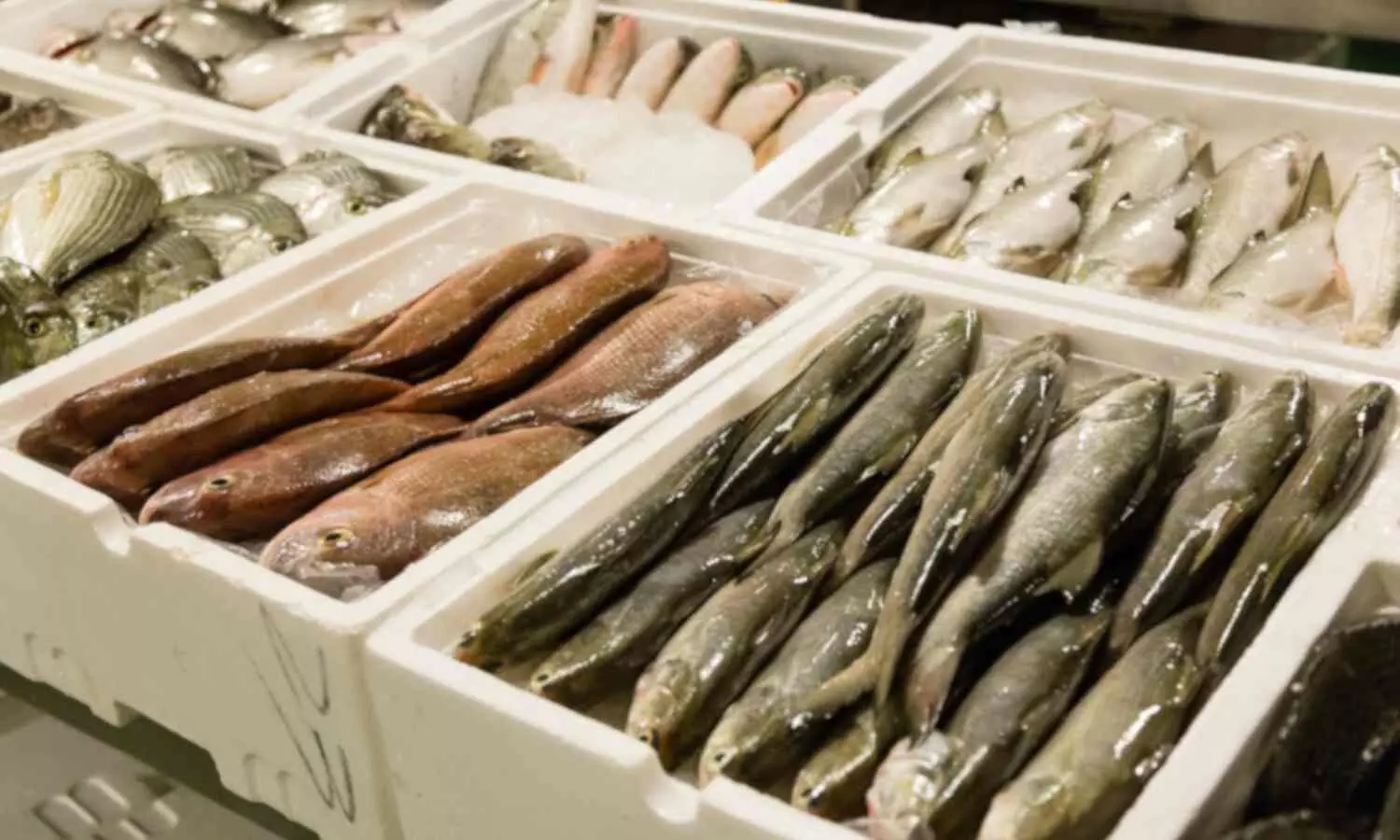Consuming Fish Contaminated with Carcinogen Formalin Can Harm Kidneys: Experts warn

New Delhi: If you're a regular fish consumer, be cautious about the carcinogen formalin—often added to seafood to keep it fresh—which can harm your kidneys, experts warned on Tuesday.
Formalin, a toxic chemical frequently misused to preserve fish for consumption, poses significant health risks, especially to the kidneys. Composed of formaldehyde gas dissolved in water, formalin's use in food is highly dangerous due to its detrimental effects on human health.
"Formaldehyde, the active ingredient in formalin, is a known kidney toxin. It can be absorbed through the gastrointestinal tract, leading to inflammation and impaired kidney function. Chronic exposure to even low levels of formaldehyde can result in progressive kidney disease," Dr. Mohit Khirbat, Consultant Nephrology at CK Birla Hospital Gurugram, told IANS.
Formalin exposure can also lead to kidney dysfunction, respiratory issues, and other serious health concerns.
"When fish are treated with ammonia formalin tablets to keep them fresh, the chemical leaches into the flesh, contaminating it. Prolonged exposure to formalin through food can lead to kidney dysfunction, respiratory issues, and other serious health problems," said Dr. Salil Jain, Senior Director & HOD of Nephrology at Fortis Memorial Research Institute, Gurugram, in a statement to IANS.
Research by the US Food and Drug Administration (FDA) also highlights the dangers of formalin exposure in fish. The FDA recommends a maximum formalin concentration of 250 mg/L for a prophylactic bath in fish, with a one-hour exposure at temperatures below 27 degrees Celsius and dissolved oxygen above 4 mg/L. Exceeding these limits, particularly when formalin is used as a preservative, significantly heightens the risk of toxicity.
"Formalin's use in food preservation is not only illegal but also life-threatening. Avoiding contaminated fish is crucial for long-term health," added Dr. Jain. The misuse of formalin underscores the need for strict food safety regulations and heightened public awareness to prevent such hazardous practices.


